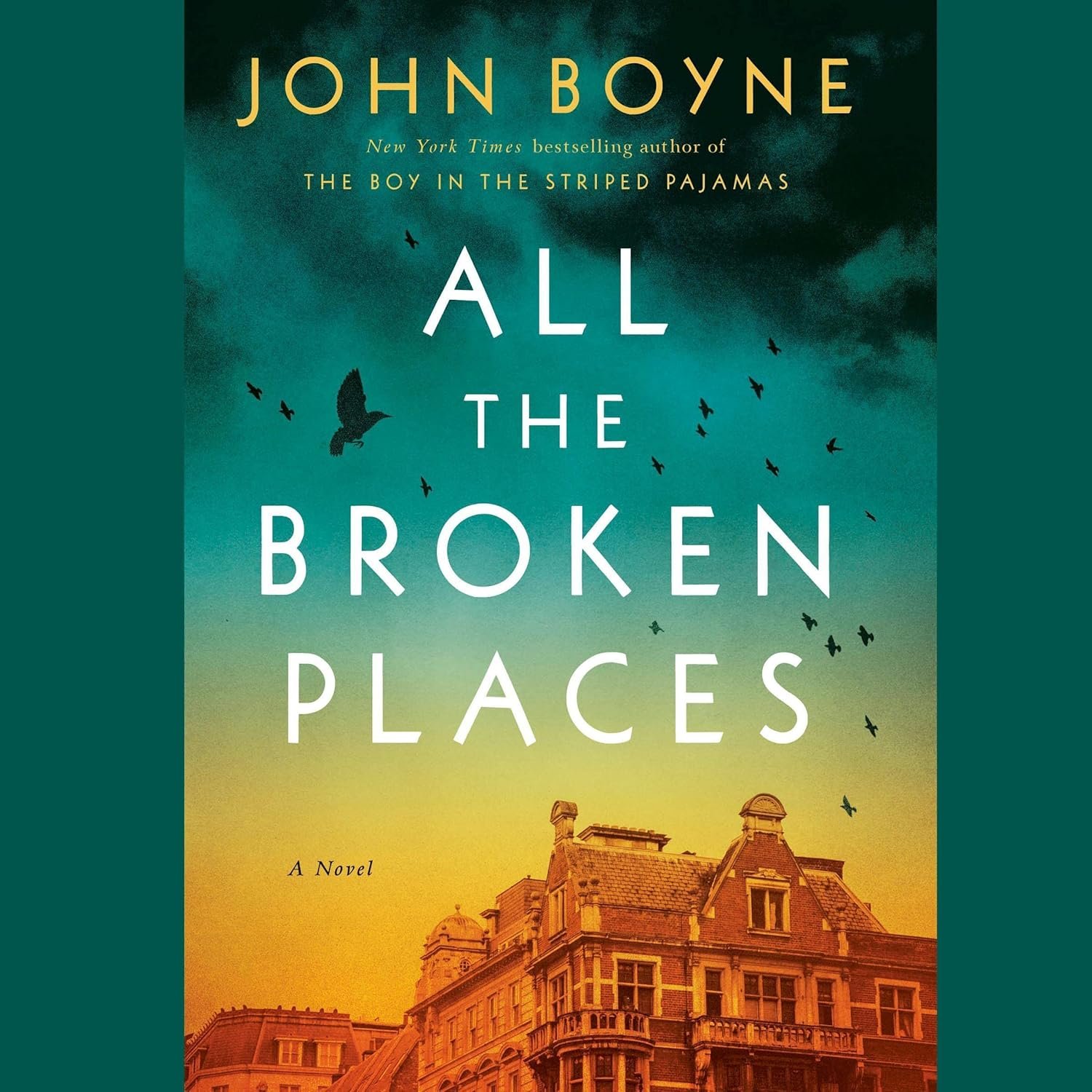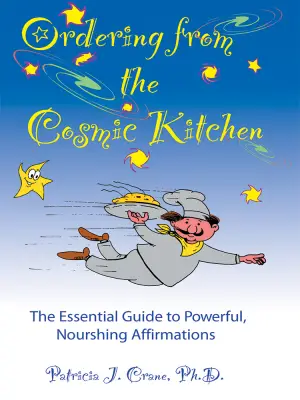Review of All the Broken Places: A Novel by John Boyne
From the moment I picked up All the Broken Places, I felt a magnetic pull towards its profound themes of guilt, memory, and the haunting effects of the past. John Boyne, renowned for his ability to weave complex narratives, does not disappoint with this gripping sequel to The Boy in the Striped Pajamas. As I dove into the pages, I found myself captivated by the journey of ninety-one-year-old Gretel Fernsby, who reluctantly confronts the tumultuous legacy of her youth against the backdrop of Nazi Germany.
The novel intricately weaves between Gretel’s harrowing childhood memories and her quiet life in a posh London flat. What struck me was how Boyne establishes a delicate balance between tragedy and introspection. Gretel, the daughter of a commandant at one of the most notorious extermination camps, is a complex character caught in a web of guilt and regret. Her struggle between self-preservation and the urge to protect a vulnerable boy, Henry, paints an emotional landscape that is both heartbreaking and thought-provoking.
Boyne’s writing excels with its meticulous pacing, alternating seamlessly between the past and present. This narrative technique not only keeps the reader engaged but also deepens our understanding of Gretel’s internal conflict. One moment, I was witnessing the eerie innocence of childhood under Nazi rule; in the next, I was grappling with the weight of her concealed truths. It reminded me of a poignant quote: “You can’t prepare yourself for the magnitude and emotional impact of this powerful novel,” as John Irving so aptly put it. Boyne’s words resonate long after the final page, stirring a sense of urgency and reflection.
I particularly admired the richly drawn characters. Gretel’s quiet determination and the nuanced portrayal of her flawed relationships made her journey feel relatable. One moment that lingered with me was when she reflects on her father’s actions, stating, “Complicity is a ghost that looms over every decision we make.” It encapsulates the novel’s exploration of moral ambiguity, compelling me to consider my own choices and their consequences.
All the Broken Places does more than just tell a story; it opens a window into the complexities of human emotion, challenging the reader to confront uncomfortable truths. I found myself questioning: What would I sacrifice for redemption? For compassion? This is the beauty of Boyne’s work; it invites introspection.
I wholeheartedly recommend this book to anyone who enjoys historical fiction, especially those captivated by World War II narratives. Whether you are a fan of character-rich literary fiction or someone looking to understand the psychological effects of history, All the Broken Places offers a gripping and enlightening experience.
Ultimately, my reading experience with this novel was both haunting and enlightening. It’s a poignant reminder of how the past shapes our present, and how it’s never too late for bravery. I encourage you to pick it up and ponder your own “broken places.” You might just find a piece of yourself within its pages.
[ad_2]
You can find All the Broken Places: A Novel here >>







